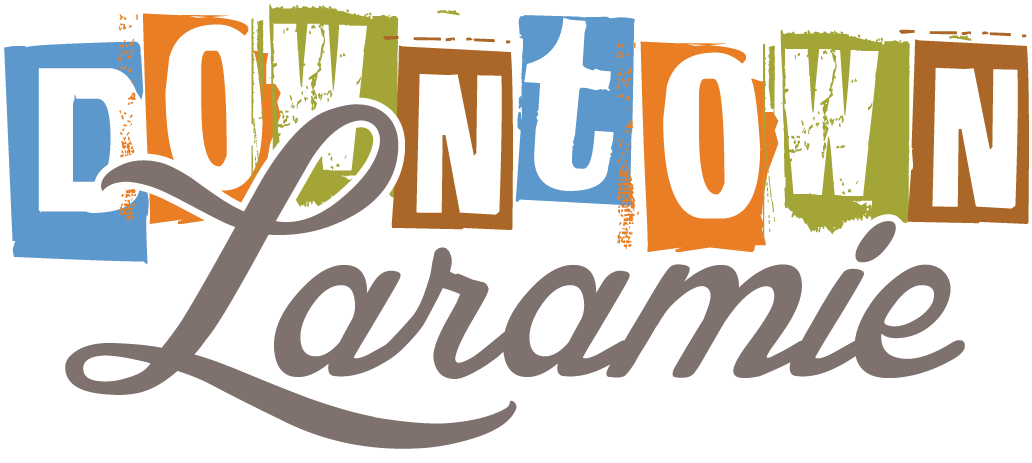Sustainability Spotlight: Big Hollow Coop
Get your plaid ready! Small business Saturday is around the corner, a little over a week away. This week’s sustainability spotlight is focused on Big Hollow Food Co-op, the only Food Co-op in the state of Wyoming. Since opening its doors in 2007 Big Hollow has accumulated 2,200 active members. The Big Hollow Food Co-op is a one hundred percent organic Laramie grocery store on second street hosting fifty local vendors. These vendors stretch from across the entire state of Wyoming to Northern Colorado. The Co-op functions to benefit members rather than provide a company profit. Providing organic options, hosting local vendors, and buying in bulk are all methods in which Big Hollow is more sustainable than large commercial stores such as Walmart and Safeway. They also keep the selection fresh by switching up the produce options available twice a week whilst the rest of the products change on a less varied schedule. To reduce food waste, they compost any leftover produce in a compost bin that a local farm picks up to empty each week. Ultimately, Big Hollow promotes a healthy life-style while practicing a sustainable business model.
“2-5 percent of all food products are lost because buyers reject shipments due to cosmetic imperfections, surplus, or other issues like improper transportation or handling”
Grocery stores are just one culprit of the mass food waste issue enveloping the globe. Whilst not being the leading producer of carbon emissions, food waste is still a major problem. There are solutions, such as compost and food donations, but not enough programs exist to keep food from rotting. Studies show that, ““about 1.6 billion tons of raw food products never turned to consumable food to feed the hungry” (Zuckerman). Thus, food waste and world hunger are two halves of one major problem. Big Hollow’s work with compost and donations to the University of Wyoming’s food pantry are excellent alternatives to both issues on a local level.
What can I do to stay sustainable?
Better yet, a commitment to being organic is an important element in eating and grocery shopping sustainably. When a product is organic that means the soil utilized to grow a product was returned to its original fertility. Thus, mitigating environmental damage and recycling carbon. As well, localization, the procuring of locally sourced products, mitigates transportation emissions typically involved with out-sourced products. Together, with localized and organic options, Big Hollow Food Co-op is the greenest grocer in Wyoming.
“
We’re always striving to be more sustainable and it’s something that’s important for our members and our business model. Whether it’s sourcing through local vendors or offering paper bags and reused cardboard boxes when people checkout. We’re trying to encourage sustainable habits ”
Citations:
Food Waste Statistics, the reality of Food Waste in America. Quest Resource Management Group. (2021, September 16). Retrieved November 18, 2021, from https://www.questrmg.com/2019/08/08/food-waste-statistics-the-reality-of-food-waste/#:~:text=Retail%20Food%20Waste%20Statistics%2010%20percent%20or%2043,of%20a%20grocery%20store%E2%80%99s%20trash%20is%20food%20waste.
Zuckerman, written by A. (2021, February 12). 48 Food Waste Statistics 2020/2021: Causes, impact & solutions. CompareCamp.com. Retrieved November 18, 2021, from https://comparecamp.com/food-waste-statistics/.

